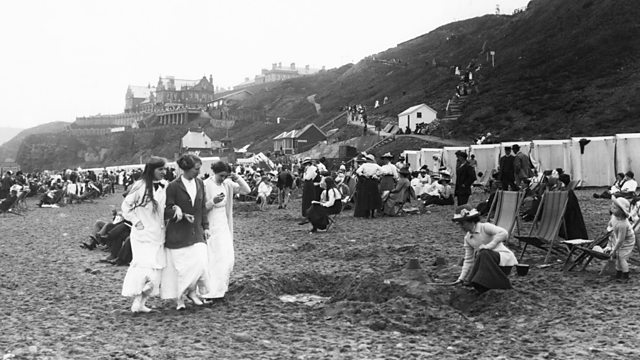Women's Rebellion
Michael Portillo reveals that the pre-war suffrage campaign was far more than a series of arson attacks, hunger strikes and the famous sacrifice of Emily Davison.
The one hundredth anniversary of the start of the First World war looms on the horizon. 1914 is a date forged into the British consciousness, just as it's carved into monuments the length and breadth of the UK and many places beyond. With that awareness comes an understanding that it was the war to end all wars, shocking the culture, politics, and societies of Europe, but particularly Britain, out of their comfortable progress and reshaping everything.
But in this series Michael Portillo challenges that notion. Looking at a series of themes, the suffrage movement, the Irish question, the decline of the liberal party and the arts, he argues that to a large extent Britain was already in a state of flux by 1913 and many of the developments we think of as emanating from or being catalysed by the war, were actually in full flow.
The second programme in the series explores the depth and urgency of the campaign for women's votes. The limited postwar gift of women's suffrage has been read as a reward for the role women played in the war effort, with the pre-war years more celebrated for 'spectacular' and violent suffrage events. With the help of historian Elizabeth Crawford Michael reveals that the suffrage campaign was far more than a series of arson attacks, hunger strikes and the famous sacrifice of Emily Davison.
Producer: Tom Alban.
Last on
More episodes
Previous
Next
Broadcast
- Tue 11 Jun 2013 13:45大象传媒 Radio 4
37 Days: Countdown
How did an assassination in Sarajevo lead to war?
Podcast
-
![]()
1913: The Year Before
Michael Portillo challenges the notion of calm before the storm of the Great War


